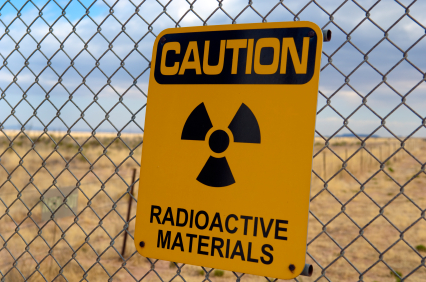
Blue ribbon body urges federal government to implement major reforms.
Current U.S. policy for the management of used nuclear reactor fuel and radioactive waste is “damaging” and “costly,” according to a recent report issued by the Blue Ribbon Commission on America’s Nuclear Future (BRC) to the Department of Energy (DOE).
The BRC report attributes the dearth of waste management options to decades of ineffective nuclear policy. As a result, the U.S. currently lacks a long-term disposal site for radioactive waste. The majority of used fuel in the U.S. is instead stored at local reactor sites.
The failure to establish a long-term disposal site actually wastes taxpayer money, according to the report. Since 1998, DOE has been contractual obligated to transport nuclear waste from over 100 reactors to a long-term disposal site. In the absence of such a facility, lawsuits against the DOE for its breach of these obligations have already cost taxpayers nearly $2.2 billion in litigation costs, settlements, and legal judgments. The agency estimates such payments will total $20 billion by 2020.
To address these problems, the Blue Ribbon Commission recommends amending the Nuclear Waste Policy Act (NWPA) to permit short-term sites to be used for disposal. Passed in 1987, an amendment to the NWPA effectively designated Nevada’s Yucca Mountain region the country’s only long-term nuclear waste disposal site and banned the use of other sites until the project is operational.
However, after years of legal challenges from local Nevadans, funding shortfalls, and political pressure, the DOE withdrew its application to begin construction on the Yucca Mountain site in 2010. As a result, the country’s waste management options are now severely limited.
The Commission’s report posits that both the congressional mandate and the DOE’s failure to meet its waste disposal obligations have further eroded the trust of a public that is already deeply suspicious of nuclear power.
The Commission recommends that Congress overhaul the process of selecting waste disposal sites to make it more transparent and consensual in order to avoid the complications that surrounded the Yucca Mountain project.
The Commission also recommends the creation of a new organization to take over nuclear waste management from the DOE. According the Commission, the DOE’s multiple regulatory priorities, variable annual budget, and poor public image demand such a change.



